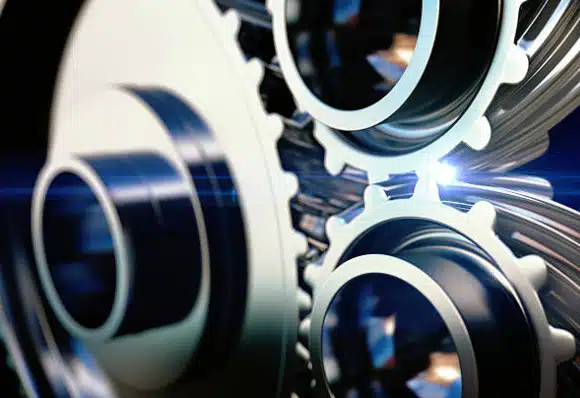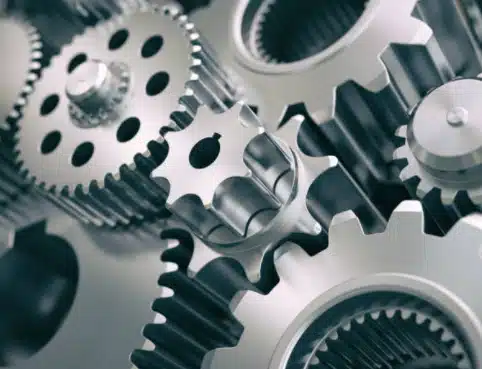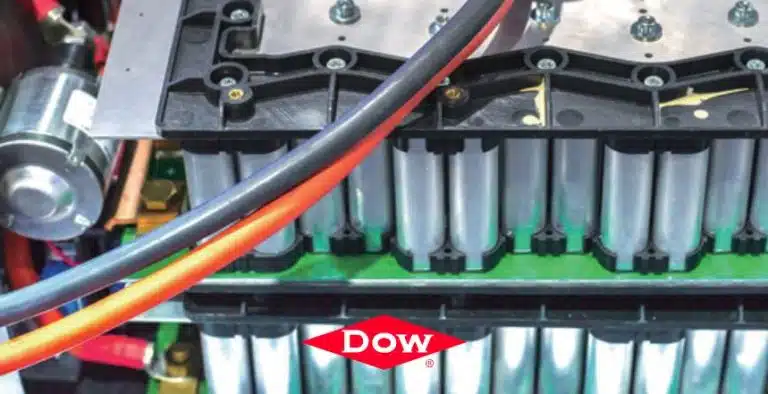Why is it important to lubricate gears?
Gear drives, also known as heavy-duty gear drives, have been a widespread method of power transmission since the start of the industrial revolution. Generally, gear drives conform one of the most economical types of gear drive alternatives in applications where both a high load-carrying capacity and a long service life under high loads are required.
Grinding mills, dryers, or shovels are only a few examples of industrial applications where these mechanisms are present. The amount and nature of the sliding between contacting gear teeth have an important effect on the needed requirements of the lubricant used.
Sliding occurs most actively when the teeth first come into contact. As they become disengaged, the points of the respective elements develop a small amount of scraping action on the sides of the adjacent teeth.
Both a wiping action and a squeezing can occur at this phase. As the teeth become more engaged, rolling contact becomes more pronounced. Wiping or scraping–off of the lubricant is less probable to occur under these conditions, but the squeezing-out still is possible, especially since maximum contact pressures are encountered during the time the teeth are so engaged.
Moreover, wear will occur more rapidly at the points and roots of the teeth due to the sliding friction involved, whereas the intermediate teeth surface adjacent to the pitch line, being subjected to rolling action, will resist wear more effectively.
It is also worth mentioning that, due to the low speeds, the very high torques to be transmitted, as well as the barely attainable hydrodynamic conditions, the tooth flanks of gear drives are at a serious risk of damage.
Furthermore, surface deformations tied to severe temperatures and loads, inaccuracies in adjustment of pieces within the mechanism, insufficient lubricant supply, or even a poor selection of the lubricant, can often lead to the same results. The choice of a proper lubricant is thus capital.

What parameters are important when choosing a proper lubricant?
Gear applications heavily engage the lubricant used. Generally, these mechanisms operate at low pitch line velocities and/or under heavy loads. However, the most recent designs on industrial equipment require gears to transmit increasingly higher loads. As such, the following points are some of the most sought characteristics in an gear lubricant:
- Excellent adhesion properties
- High resistance to water washout and spray-off
- High load-carrying capacity, protecting against wear and friction
- Wear and corrosion protection
- Noise and vibration reduction properties
- Sprayability and/or ease of dispensability
- Additional properties, such as drainability, or resistance to fling-off
What lubricant options does the market offer?
Currently, pastes and greases offer the best solutions to the most common problems encountered in this kind of application. Pastes contain medium-to-high viscosity mineral base or synthetic oils.
They may also contain a thickener, solid lubricants (such as MoS2 or graphite), rust inhibitors, and extreme pressure agents. In particular, extreme pressure agents prevent welding of metal surfaces. Furthermore, pastes produce a thick, semi-dry working film separating the gears during mesh, which does not buildup in the roots of the gears unless it encounters high-temperature conditions.
In addition, the paste can be used in moderately dirty and dusty environment without fear of forming abrasive compounds. Greases, on the other hand, are sometimes preferred when high-temperature conditions prevail, or where leakage of a thinner lubricant might contaminate materials being processed.







